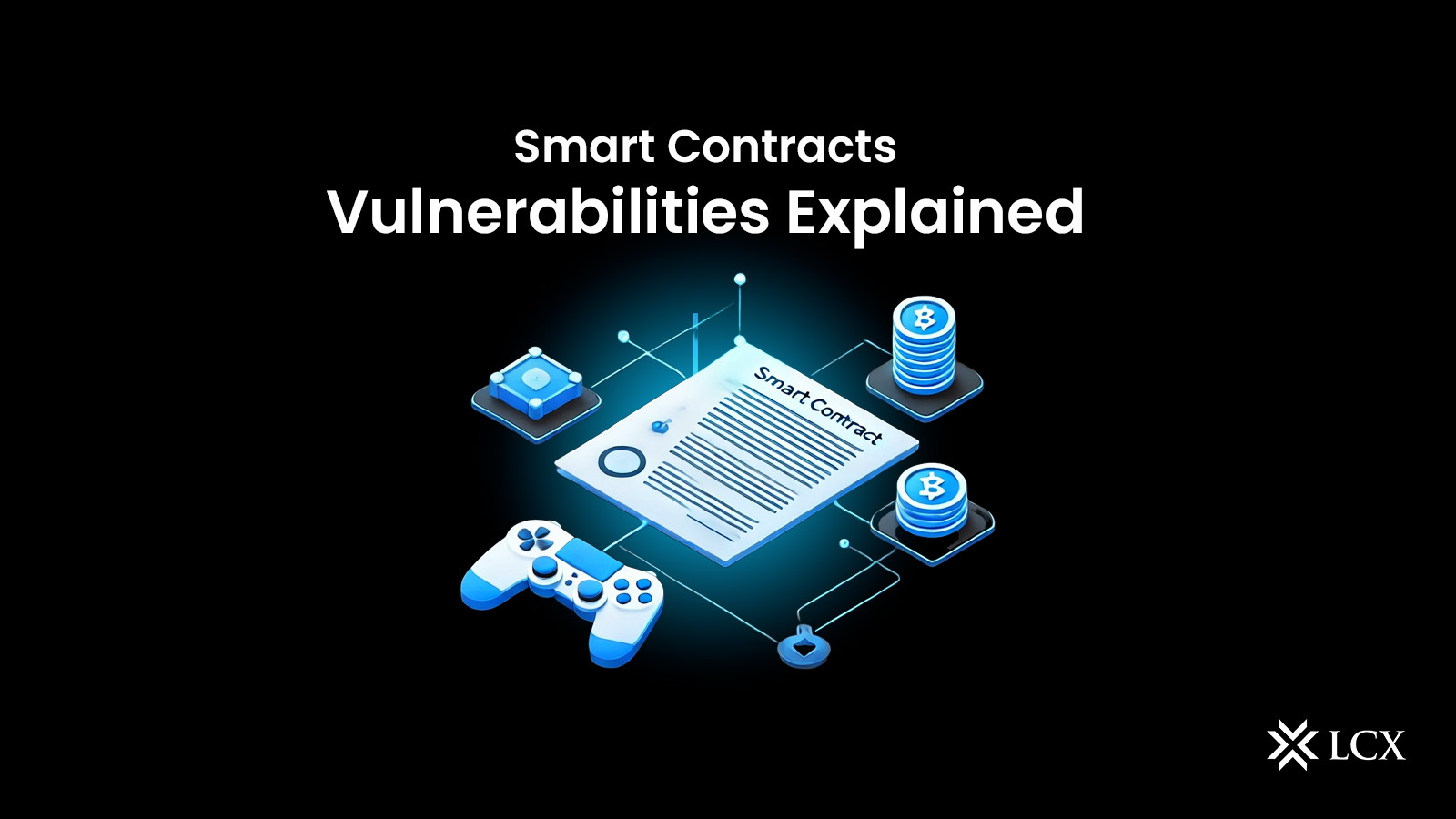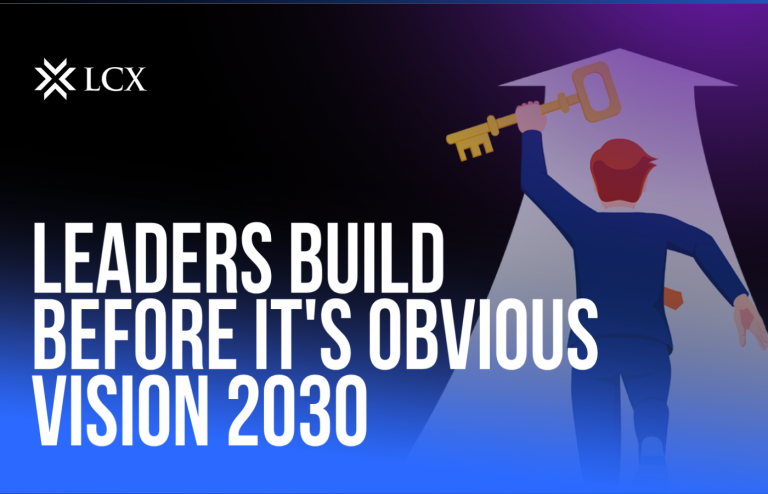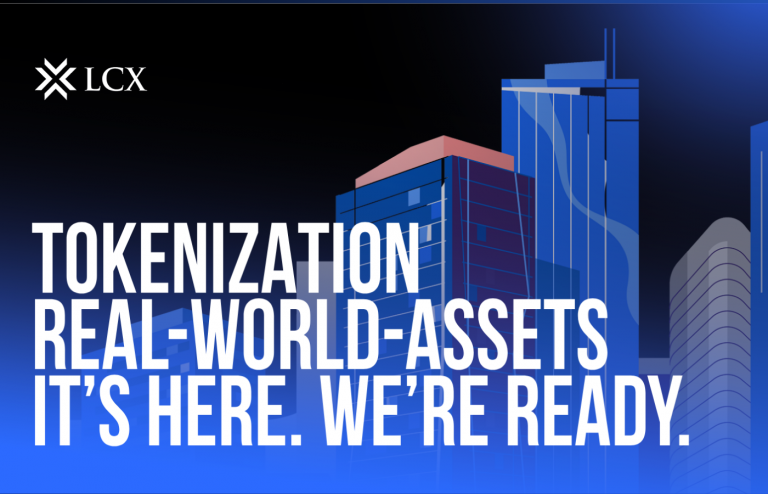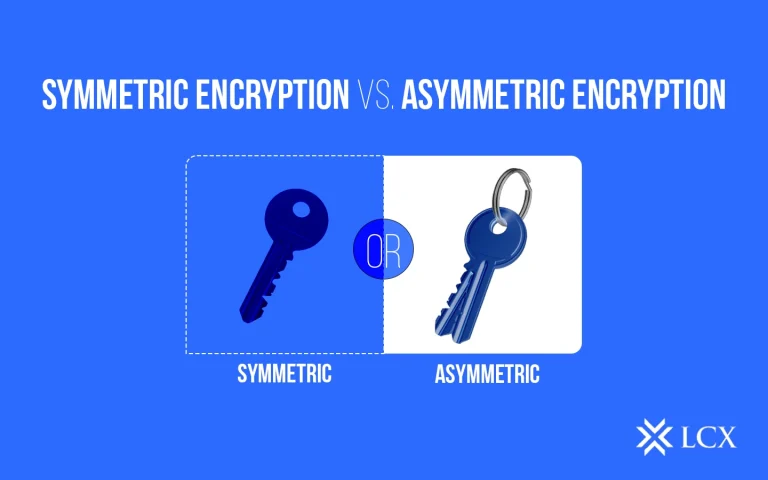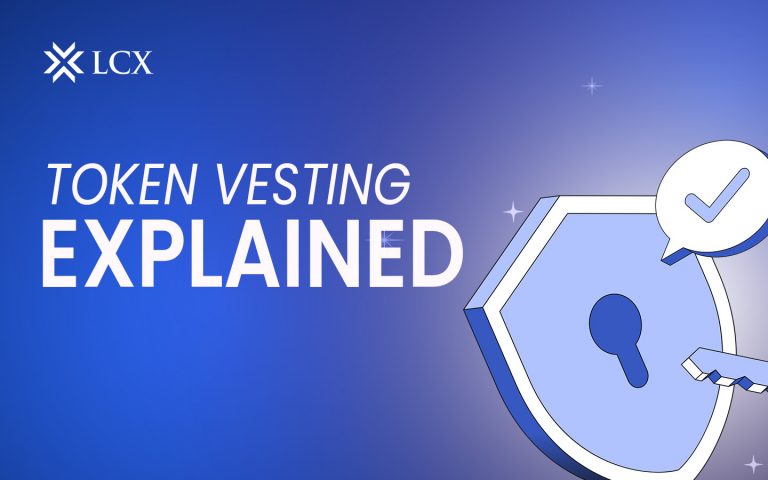A smart contract is a blockchain-based application that functions as a digital contract governed by a set of principles. In the majority of jurisdictions, smart contracts are not considered contracts in the legal sense. It is merely an application that complies with formal requirements and operates on a distributed blockchain system. The execution of the smart contract may result in an asset exchange between the parties. Smart contracts guarantee that transactions are transparent, traceable, and immutable.
Smart contracts have a wide range of applications in the financial industry and in other industries. Smart contracts enable the creation of communication protocols between parties that do not require a priori trust. Participants can rest assured that the agreement will only be executed if all of its conditions are met. In addition, smart contracts eliminate the need for intermediaries, which substantially reduces the cost of conducting transactions.
Each blockchain can implement smart contracts differently. On Ethereum networks, for instance, the Solidity programming language is used to construct smart contracts. In addition to the code, smart contracts contain two public keys, one of which is issued by the contract’s creator and the other of which is a unique digital identifier for each smart contract.
Vulnerabilities in Smart Contracts
Smart contracts, once deployed on a blockchain, are immutable, meaning they cannot be altered or modified. While immutability ensures trust and transparency, it also implies that any vulnerabilities or flaws in the code can have long-lasting consequences. Even the smallest bug or oversight can lead to significant financial losses, making thorough code auditing and testing paramount. The absence of a central authority to oversee and rectify these issues calls for a proactive approach to security.
Additionally, due to the large quantities of money that pass through them, these programs are frequently targeted by malicious actors seeking to exploit vulnerabilities in smart contracts.
Lately, smart contract security concerns have erupted. In February 2022, the Wormhole Cross Chain Bridge Attack deprived Solana and Ethereum of approximately $320 million. DODO DEX was hacked in March 2022, resulting in the loss of approximately $3.8 million worth of cryptocurrency. Not only do smart contract assaults result in significant fund losses, but they also have a negative impact on the credibility of the protocol.
Complexities of Code Auditing: Due to their complex nature, smart contracts are more vulnerable than traditional software applications. Code auditing, a meticulous process of analyzing and reviewing the code for potential flaws, is essential but challenging. Often, there is an absence of standardized auditing practices, and the basic need for specialized expertise makes it imperative to engage experienced security professionals in the code auditing process, who possess a deep understanding of both blockchain technology and smart contract development.
External Data Vulnerabilities: Smart contracts often rely on external data sources or oracles to interact with the real world. These oracles can introduce significant security risks, as they can be manipulated or provide inaccurate information. Malicious actors may exploit vulnerabilities in these oracles to manipulate the outcome of contracts, leading to financial losses. Establishing robust mechanisms for secure data feeds, implementing multiple oracles, and employing reputation systems are essential steps to mitigate these risks.
Interactions between Contracts: In the decentralized ecosystem, smart contracts often interact with each other to execute complex operations. While these interactions offer powerful functionalities, they also introduce security challenges. Cross-contract vulnerabilities can occur when one contract maliciously exploits the vulnerabilities of another contract in the system. To counter this, smart contract developers must conduct thorough security audits not only for individual contracts but also for their interactions to identify potential attack vectors and ensure the overall integrity of the system.
Governance and Upgradability: The decentralized nature of smart contracts raises concerns about governance and upgradability. Once a contract is deployed, it becomes part of the blockchain’s permanent history, making any subsequent modifications or upgrades extremely challenging. While immutability is a core feature of blockchain technology, it poses risks when vulnerabilities are discovered or changes are required. The development of on-chain governance mechanisms and the implementation of upgradeable contract architectures can strike a balance between immutability and the ability to address security issues and adapt to changing requirements.
Social Engineering and Phishing Attacks: The human factor remains a significant security challenge in the realm of smart contracts. Social engineering and phishing attacks can deceive users into interacting with malicious contracts or revealing sensitive information. Education and awareness campaigns aimed at users and developers are crucial to preventing these attacks. Robust identity verification mechanisms, multi-factor authentication, and secure user interfaces can enhance the overall security posture and protect participants from falling victim to social engineering attacks.
Conclusion
The rise of smart contracts has fueled the growth of DeFi and brought about new possibilities for financial inclusion and innovation. However, the security challenges associated with these self-executing pieces of code cannot be overlooked. Through comprehensive code auditing, secure data oracles, meticulous contract interactions, robust governance mechanisms, and user education, the blockchain community can mitigate the risks and enhance the security of smart contracts. By doing so, we can build a foundation of trust and reliability, paving the way for the widespread adoption of decentralized finance and a more secure future for the world of finance as a whole.
